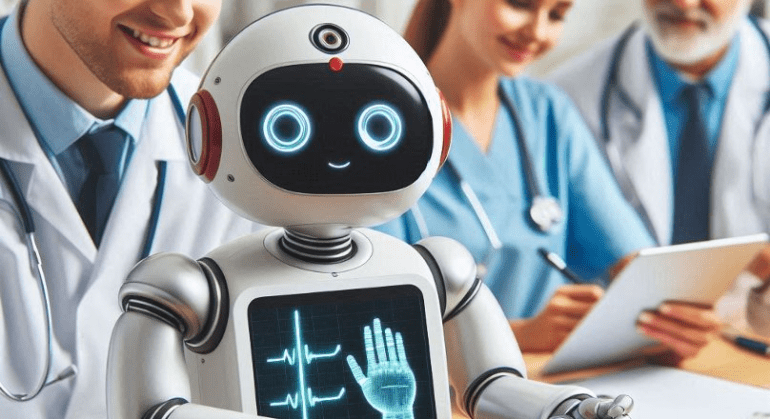- University of Florida has developed an AI-powered video processing system for tracking Parkinson’s disease progression.
- The technology enhances patient care by enabling precise monitoring of disease symptoms over time.
- AI analyzes video data, detecting subtle changes in motor symptoms that are difficult to observe visually.
- The system addresses the limitations of traditional rating scales, providing a more objective assessment of Parkinson’s disease.
- HiPerGator, a powerful AI supercomputer, supported the development, ensuring the system’s effectiveness.
- A mobile app version is being developed, allowing patients to monitor their condition from home.
- This innovation is expected to impact clinical trials and patient care significantly.
Main AI News:
The University of Florida is pioneering a remarkable advancement in healthcare technology with the development of an AI-driven video processing system that is set to transform the management of Parkinson’s disease. This state-of-the-art technology enables neurologists to meticulously track the progression of the disease, offering significant improvements in patient care and quality of life.
Parkinson’s disease is a debilitating neurological disorder that progressively impairs mobility, leading to symptoms such as stiffness, tremors, slowness of movement, and difficulties with balance and coordination. Diagnosing Parkinson’s is challenging, as there is no definitive lab test or imaging scan. Instead, healthcare professionals rely on various exercises and maneuvers to assess the severity of the condition.
A widely used screening method for Parkinson’s disease is the finger-tapping test, where patients rapidly tap their thumb and index finger together. Diego Guarin, Ph.D., an assistant professor at the UF College of Health and Human Performance, has created an AI-based system that analyzes video recordings of patients performing this test. This innovative approach allows for detecting minute changes in hand movements, which are often invisible to the naked eye but are characteristic of Parkinson’s disease.
The traditional method of tracking Parkinson’s disease progression has been the Movement Disorder Society-Unified Parkinson’s Disease Rating Scale. While reliable, this scale is limited by its 5-point range, which can miss subtle changes in the disease’s progression and is subject to subjective interpretations. To overcome these limitations, a team of UF researchers, including neurologists Joshua Wong, M.D., Nikolaus McFarland, M.D., Ph.D., and Adolfo Ramirez-Zamora, M.D., has developed a more precise system. By harnessing machine learning to analyze video data, this new system captures delicate shifts in motor symptoms over time, offering a more nuanced understanding of the disease.
Guarin highlighted that AI significantly simplifies the examination process, making it more efficient for patients and clinicians. The automated system has revealed new insights into movement patterns, such as the speed at which patients open or close their fingers and the variability in movement during each tap. These findings provide a deeper understanding of how Parkinson’s disease affects motor functions and introduce new markers for evaluating treatment effectiveness.
This groundbreaking AI-powered system was developed with the support of HiPerGator, one of the world’s largest AI supercomputers. The research team utilized HiPerGator to train and refine machine learning models using vast amounts of video data, resulting in a system that can deliver a movement score through a smartphone app. This innovation holds the potential to revolutionize clinical trials and patient care.
Michael S. Okun, M.D., director of the Norman Fixel Institute and a medical advisor for the Parkinson’s Foundation, praised the automated video-based assessments as a potential game changer in clinical trials and treatment. In addition, Guarin is working with UFIT to convert this technology into a mobile application, enabling patients to monitor their disease progression at home and play a more active role in their healthcare.
Conclusion:
The development of AI-driven technology by the University of Florida for Parkinson’s disease management signals a significant shift in the healthcare market. This innovation enhances the precision and efficiency of patient care and introduces a new standard for disease monitoring and treatment evaluation. The ability to track subtle changes in motor symptoms with AI could lead to earlier interventions, more personalized treatment plans, and, ultimately, better patient outcomes. As this technology evolves into a mobile app, it also opens new avenues for patient engagement and home-based care, which could reduce healthcare costs and improve access to treatment. The market should anticipate increased demand for AI-driven diagnostic tools and broader adoption of digital health solutions, positioning this technology as a potential game changer in the neurology and broader healthcare sectors.

